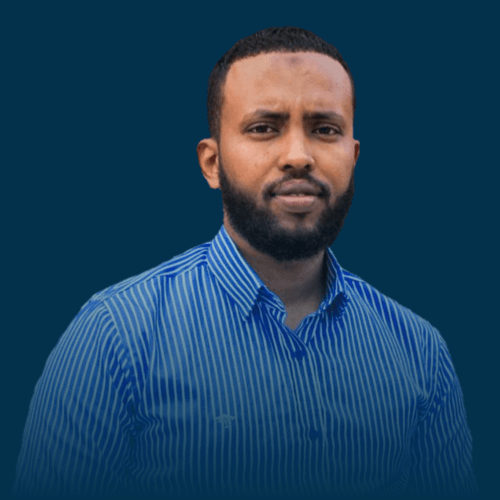In the labyrinth of state-building and democratic evolution, nations often face pivotal moments that define their trajectory towards prosperity and stability. Somalia, a state with a history marked by challenges, has embarked recently on a commendable journey of constitutional reform, signalling a beacon of hope and progress for its people. The completion of the review and amendment of the first four chapters of the constitution by the 11th parliament of Somalia marks a significant milestone in this journey, heralding a new era of governance and societal cohesion.
This historic process, characterised by what many constitutional experts have termed a “sober and democratic debate”, underscores the maturity and dedication of Somalia’s legislative bodies. The Upper and Lower Houses of Parliament have engaged in thoughtful deliberation on issues that are foundational to the Somali identity and the nation’s future. These issues include the structure of the Federal Republic of Somalia; the rights and liberties of the Somali people; the stewardship of the land and national resources; environmental preservation; the political party system; and the electoral framework. Such deliberations not only pave the way for a more inclusive and democratic society, but also reinforce the fabric of Somali nationhood, binding together more than 24 million people with a shared vision for their country.
READ: Turkiye signs energy cooperation deal with Somalia
The significance of this constitutional reform extends far beyond the chambers of parliament, touching the lives of Somali youth. This demographic, often caught in the crosswinds of migration in search of better prospects, now finds a renewed sense of belonging and hope within their homeland. The ongoing review and amendment process of the constitution rekindles their faith in a Somalia that promises a brighter future, where democratic principles ensure their liberties, future and national interests.
This newfound optimism is a testament to the transformative power of inclusive governance and the promise of a better tomorrow.
At the helm of these monumental efforts is President Dr Hassan Sheikh Mohamud, whose leadership and commitment to constitutional reform have been unwavering. By initiating the constitutional review and amendment process, Mohamud has fulfilled a key pledge from his presidential election campaign, demonstrating a resolute focus on national priorities. His decision to appoint a competent team, including the Independent Constitutional Review and Implementation Committee (ICRIC) led by Avv Burhan Aden, and the advisory prowess of Dr Hussein Sheikh Mohamud, underscores a strategic approach to nation-building. This team’s dedication to incorporating diverse voices and providing consistent updates has earned widespread appreciation, particularly among the youth, who are keen observers and beneficiaries of this national progress.
President Mohamud’s vision for Somalia, as articulated during his campaign, is unfolding gradually into reality. The halfway completion of the constitutional amendment process under his stewardship is not merely a fulfilment of a political promise but a transformative step towards realising the dream of a prosperous, stable and democratic Somalia. The youth, envisioned as the leaders of tomorrow, are set to reap the fruits of a process that promises to redefine their country’s destiny.
READ: Turkiye, Somalia sign defence deal
My humble conclusion is that the constitutional reform process in Somalia is a shining example of how democratic engagement and thoughtful governance can be the catalyst for positive change in a nation’s fortunes. As Somalia continues on this path, the world watches with admiration and hope, recognising that the seeds of democracy, once sown, have the power to transform societies.
The efforts of the Somali parliament, President Mohamud and engaged citizens, especially the youth, are crafting a legacy of resilience, unity and progress. This is the dawn of a renewed Somalia, where the dreams of its people are taking flight on the wings of democratic principles and constitutional governance.
The views expressed in this article belong to the author and do not necessarily reflect the editorial policy of Middle East Monitor.









